Pros And Cons Of Zero Turn Lawn Mowers
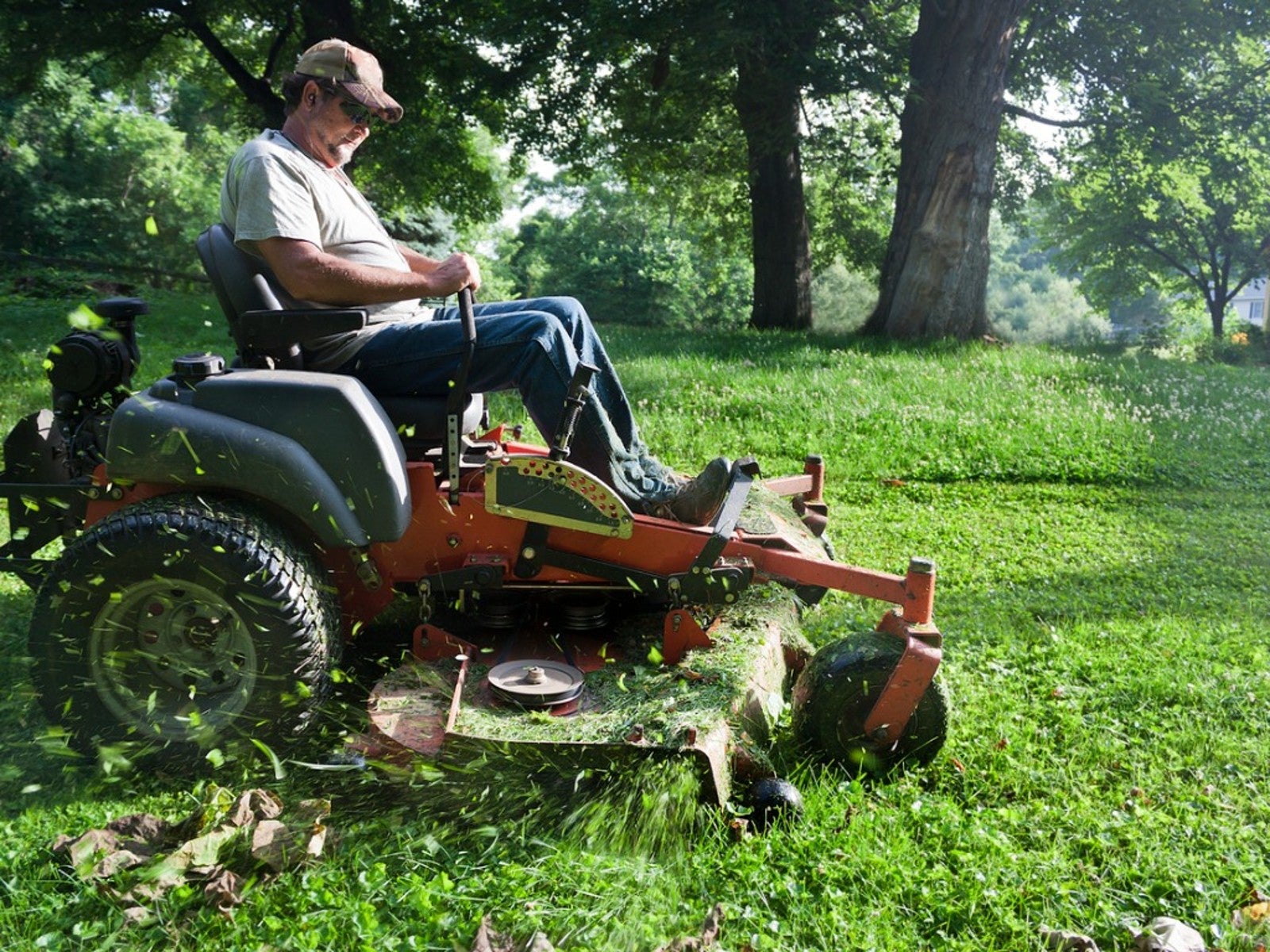

Lawn mowers have become increasingly efficient due to consumer demand. The pull start lawn mower of our grandparent's age is rarely found, with battery powered, electric, and diesel powered models taking the forefront. For those with large lawns, zero turn mowers are more effective and reduce the time needed to cut a large area of grass. What is a zero turn mower? They contain certain features for safety and efficiency that are useful for some users.
What is a Zero Turn Mower?
A riding zero turn lawn mower boasts a larger output when cutting grass than standard mowers. The unit has the ability to turn each wheel independently. That means one side may turn in reverse while the other side is going forward. The hydraulic motors on each axle create a turn that makes a 180 degree turn quickly. The motion allows the unit to spin in one place. This means less turn radius which reduces efficiency. The mower stays on the grass that needs to be mowed, rather than overlapping during turning. The mowing deck is in front of the rider mower, rather than under the unit as in standard models. Zero turn models can get into tight spaces easily and mow close to obstructions.
Where Zero Turn Mowers Excel
The zero turn concept first occurred in the 1960s, but the front deck design goes back to the 1940s. The rise of better hydraulic motors has seen the movement gain popularity. Zero turn models are great alternatives to tractor mowers. They maneuver much easier and, when operated by an experienced user, their ability to get close to objects can reduce the need to use a string trimmer. They are most appropriate in large lawn areas. A small, average sized city lawn will not benefit from a zero turn mower. In smaller grassy spaces, a conventional push mower is cost saving and practical.
Cautions About Zero Turn Lawn Mowers
While zero turn units have standard safety features, some caution is advised on rocky or bumpy terrain. This is because when a turn is made, the wheels are not stable on the ground and could cause tipping. Similarly in heavily sloped areas, the mowers could pose a hazard. The mowers are not optimal for wet areas, where slipping could occur. Additionally, the blades could tear up, rather than cut grass, in certain situations. Because of the front mounted deck, zero turn mowers are longer than units with the deck under the machine. Storage areas will have to be larger, a consideration in most home situations.
Gardening tips, videos, info and more delivered right to your inbox!
Sign up for the Gardening Know How newsletter today and receive a free copy of our e-book "How to Grow Delicious Tomatoes".

Bonnie Grant is a professional landscaper with a Certification in Urban Gardening. She has been gardening and writing for 15 years. A former professional chef, she has a passion for edible landscaping.
-
 Never Plant Seedlings Until They Pass These 3 Simple Tests
Never Plant Seedlings Until They Pass These 3 Simple TestsDon't be over-eager to transplant seedlings into the garden before they are ready. These quick and easy checks will help ensure flourishing plants.
By Mary Ellen Ellis
-
 Grow ‘Karl Rosenfield’ Peony Plants For The Ultimate Frilly Border Beauties And Cut Flowers
Grow ‘Karl Rosenfield’ Peony Plants For The Ultimate Frilly Border Beauties And Cut FlowersFor frilly double magenta peony petals infused with a heady fragrance, grow ‘Karl Rosenfield’ peony plants. Here’s how to cultivate the ultimate plushy blooms
By Tonya Barnett
-
 Sustainable Turf Species For A Greener Lawn
Sustainable Turf Species For A Greener LawnClick here for some of the most sustainable types of turf grass you can grow for an eco-friendly lawn.
By Bonnie L. Grant
-
 How To Grow A Sustainable Lawn
How To Grow A Sustainable LawnAdjust your thinking about a perfect green lawn and consider more sustainable methods. Click here to learn how.
By Mary Ellen Ellis
-
 Will Frost Kill Grass Seed And How To Help New Turf Survive
Will Frost Kill Grass Seed And How To Help New Turf SurviveLearn how to help your newly sown grass survive frost and freezing weather.
By Amy Grant
-
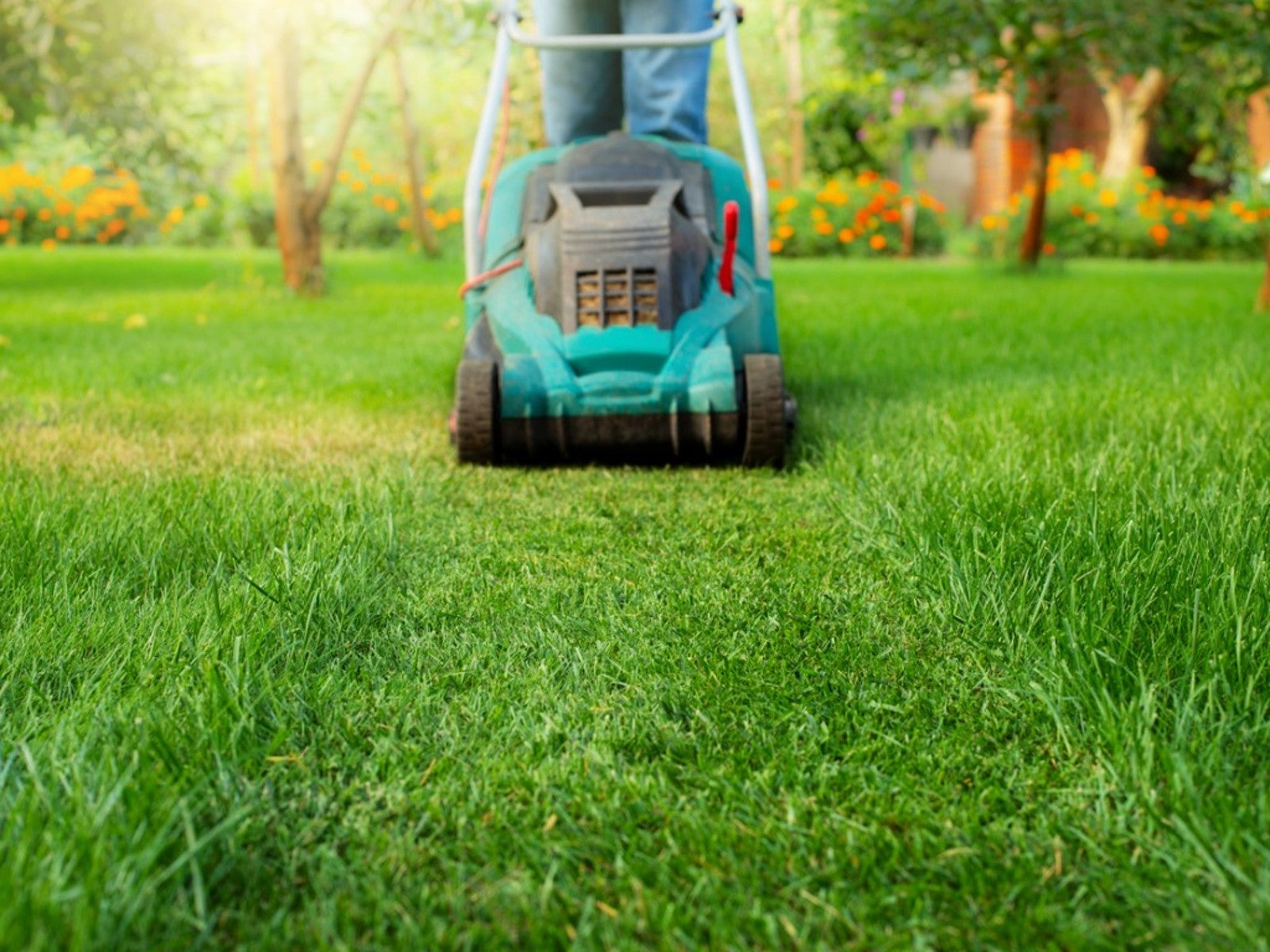 Lawn Problems That Aren’t Really Problems
Lawn Problems That Aren’t Really ProblemsYour lawn may not require as much work as you think. Learn which common problems aren’t really problems.
By Teo Spengler
-
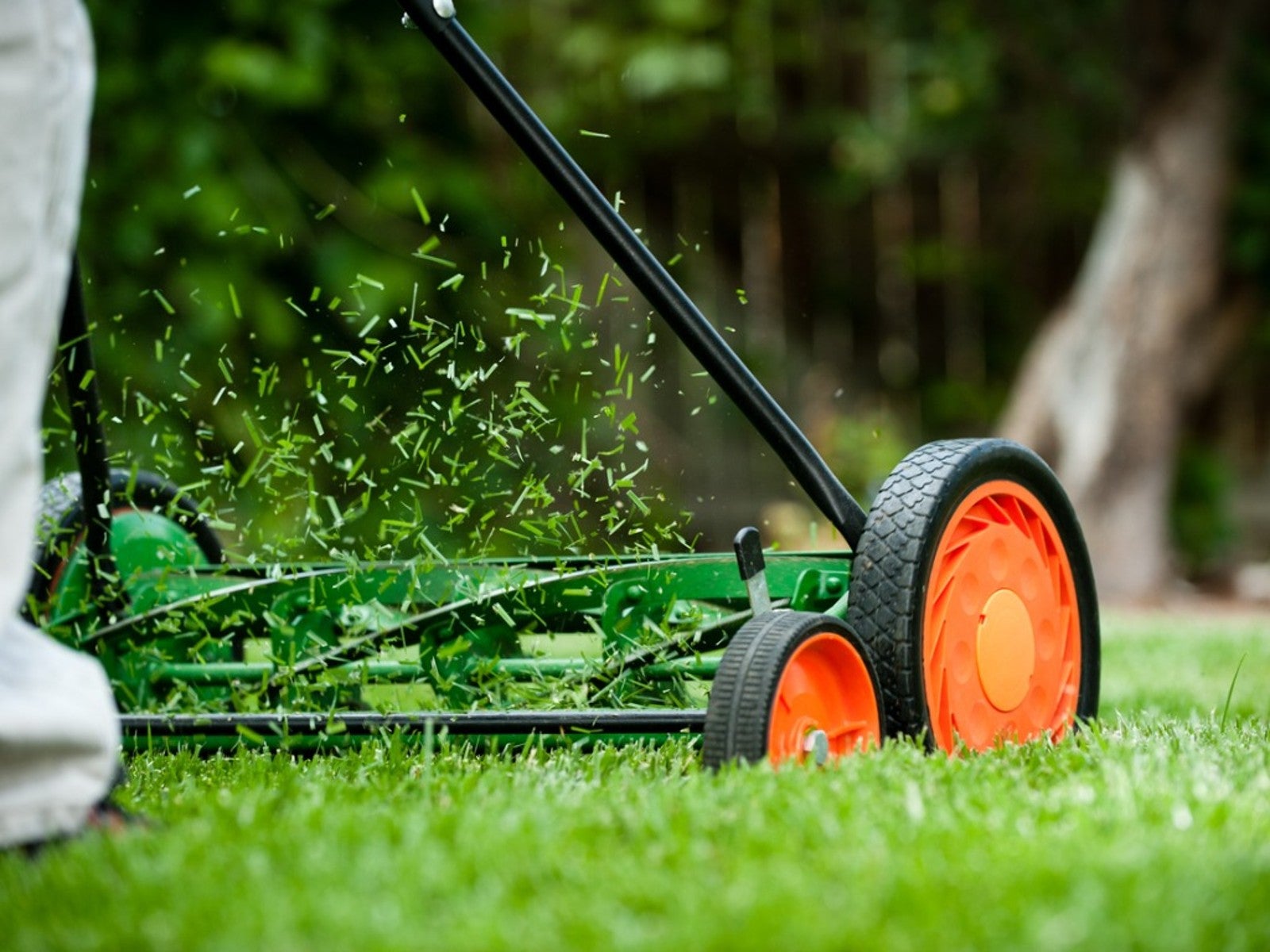 Why A Manual Push Mower Is Good For You And The Environment
Why A Manual Push Mower Is Good For You And The EnvironmentReel mowers are making a comeback, but why? Click here to learn about reel mower pros and cons.
By Amy Grant
-
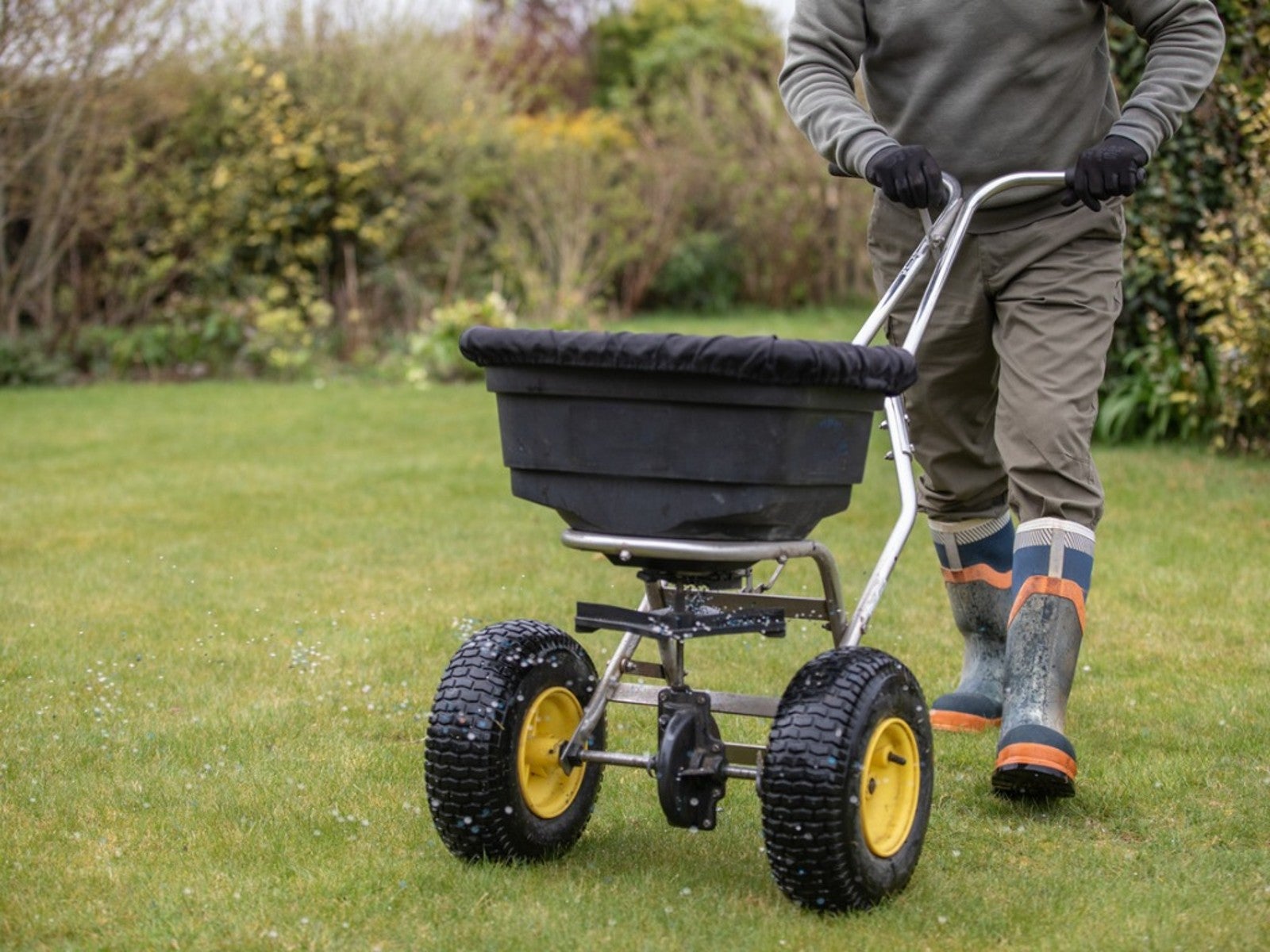 Fertilize Grass In Fall For A Lush Lawn In Spring
Fertilize Grass In Fall For A Lush Lawn In SpringFor everything you need to know about fertilizing your lawn in the fall, click here.
By Susan Albert
-
 Tips For Mowing Stripes In Lawn
Tips For Mowing Stripes In LawnWouldn’t it be great to have stripes in your lawn like a sports field? Learn how here.
By Susan Albert
-
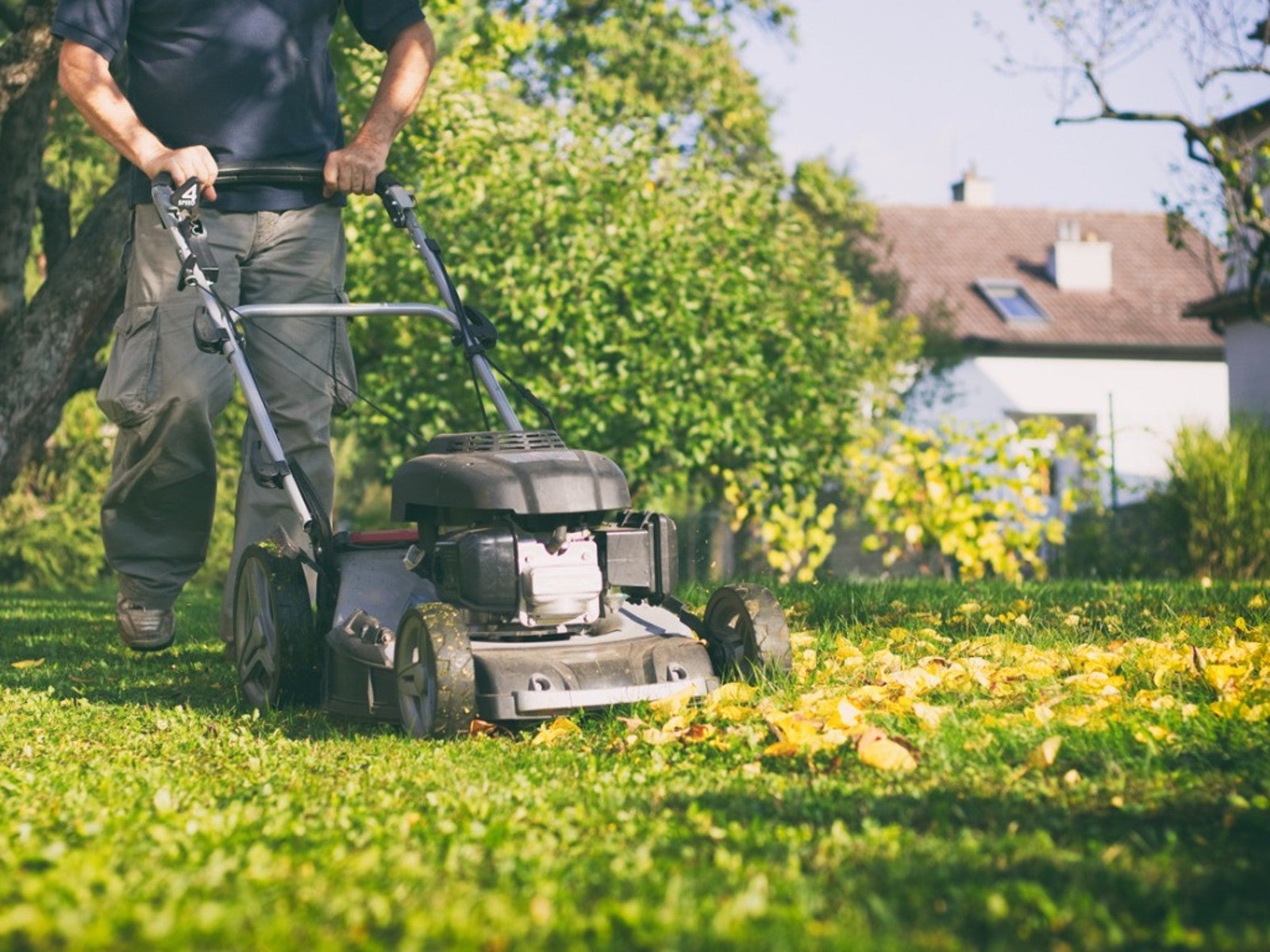 Late Summer Lawn Care Checklist
Late Summer Lawn Care ChecklistPlan to do some late summer care and maintenance of your lawn so it will be healthy and beautiful in the spring. Here are some tips.
By Laura Miller